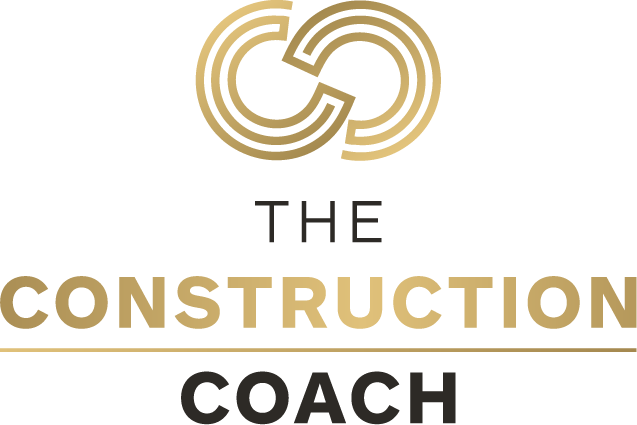Interview Preparation
By Charlotte Baker & Sarah Hanlon
The moments before stepping into a job interview can be extremely daunting, regardless of what stage you’re at in your career. It’s even more nerve wracking when it’s a job interview you haven’t properly prepared for. For some, it’ll be their first job interview in over 20 years, and for others it’s their first interview in their career. Regardless, nerves are completely normal, and preparation is key.
We have compiled some advice on how to best prepare for your interview, to ensure you present your best self, highlight your relevant skills and wow your interviewer.
Let’s start with the basics…
• Mobile phones
o Turn your phone OFF; a vibration is just as distracting as a ringtone.
o Keep your phone out of sight during the interview so your interviewer knows they have your full attention.
Throughout our interviews, we often see applicants tend to their phones, answer calls or send messages, and it’s guaranteed to leave a bad impression every time.
Arriving
o Arriving 5 minutes early is ideal, not 15 minutes early as your interviewer will feel pressured to meet you earlier.
o Make sure you map out how long it will take you to get to your destination and allow yourself plenty of time to get there.
o Consider what parking options are available, and how long it will take you to find a park.
o If find yourself running late, it is essential that you call the business’ landline and let them know how late you will be and request they pass on your apologies.
You never get a second chance at a first impression. Arriving to your interview with at least 5-10 minutes to spare can be the best way to demonstrate you are punctual and can play a large part in an interviewer’s decision-making process.
Presentation
o Ensure you are presenting yourself in the best way possible.
o Your hair, attire, shoes, and facial hair should all be kept clean, neat and tidy.
o Hygiene is equally as important.
o Dress appropriately for the role; Speak to your recruiter in advance to determine what is appropriate.
Avoid denim, t-shirts, beanies, work boots, ex-employer labelled clothing and sneakers. Suitable attire may include a clean shirt, chinos, suit pants, skirts, blazers or corporate dresses to name a few.
Potential employers want to you to show these 3 qualities:
1) Commitment long term.
2) Highlight the right skills and background/qualifications for the role.
3) Be well prepared, presented and personable.
How can I do this?
1) Long term commitment
Ask questions that suggest long term commitment:
- What are the long-term career progression opportunities?
- Who in the business has progressed from my role to succeed in a leadership role? - I am looking for a long-term role, how are the next few years looking in terms of project pipeline?
2) Highlight the right skills for the role
Your interviewer is likely to ask you questions relating to specific roles and situations that you’ve experienced throughout your working career. As a graduate, you would be wise to draw upon situational examples from university, work experience or extracurricular activities such as sports coaching etc. It’s important to consider your transferrable skills prior to your interview, as you may need to brainstorm. For entry level roles, your interviewer is looking for potential, meaning soft skills such as communication, ability to build repour and ability to answer difficult questions will increase your chances of obtaining the role.
The best way to answer these questions are:
“Tell me about a challenge or conflict you have faced and how you dealt with it”
S- Summarise the situation
T- Task involved
A- Action you personally took to oversee the example.
R- Result / outcome of your input to the process.
3) Be well prepared, presentable and personable
- Research via the company website; Familiarise yourself with their projects, company structure, company history, divisions of the business & areas of expertise. - Speak to your recruitment consultant with regards to information you may not find on the company website; company size, direction of the business, previous successes, workplace culture or reason for the role becoming available.
- Research your interviewers on LinkedIn, it shows you are prepared and committed - It is always best to over prepare for the interview “by failing to prepare, you are preparing to fail”
- One person may be asking most of the questions, ensure you still give eye contact to all interviewers on the panel.
Questions!
Towards the end of your interview, your interviewer is likely to ask if you have any questions. It’s likely that most of your questions will be answered throughout the interview, however it’s always a good idea to have a few extra questions up your sleeve. This will set you apart from candidates who don’t ask questions and demonstrates to your interviewer that you’re interested in the role.
Example questions:
1- What are the details of the project I would initially be responsible for?
2- The interviewer’s background; where have they worked previously? What do they enjoy most about this company? What are they key points of difference in comparison to their previous organisations? Have they progressed through the business?
3- What does success look like in this role?
4- What are the key duties and responsibilities for the role?
5- What programs/software do they use?
6- Does the company offer any employee incentives/ reward programs?
When wrapping up the interview, it’s important to shake each interviewers hand firmly, thank them for their time and clearly communicate that you’re interested in this position.
We hope this was helpful and best of luck with your interviews! Charlotte Baker & Sarah Hanlon, Construction Industry Recruiters at Hays.

